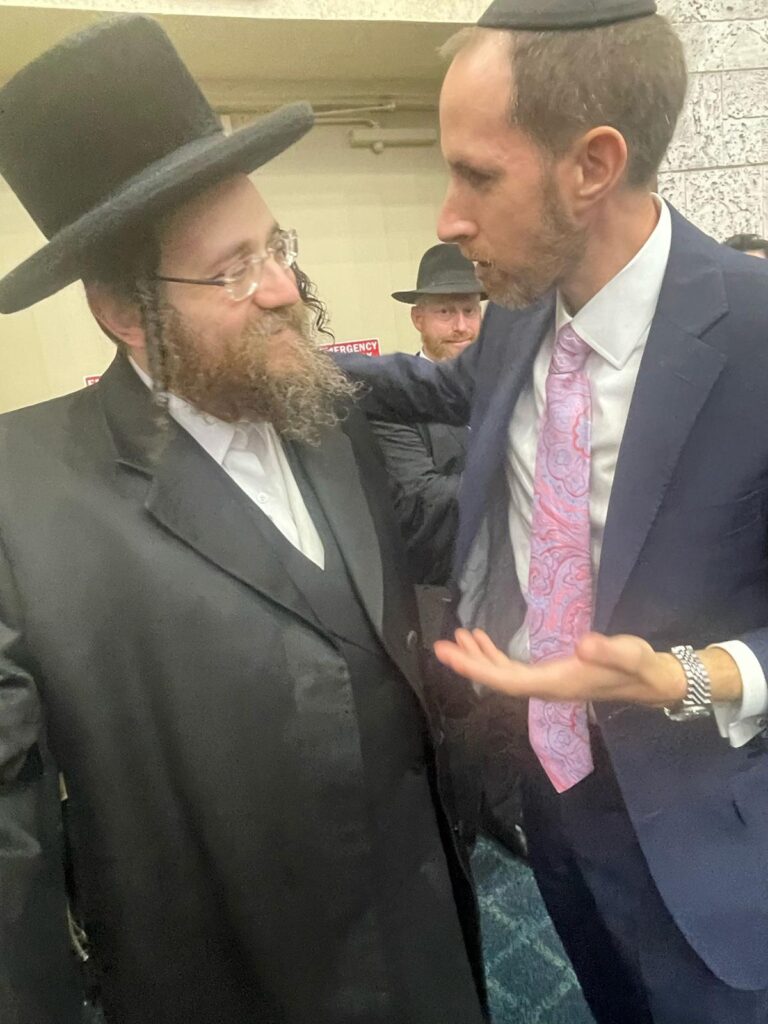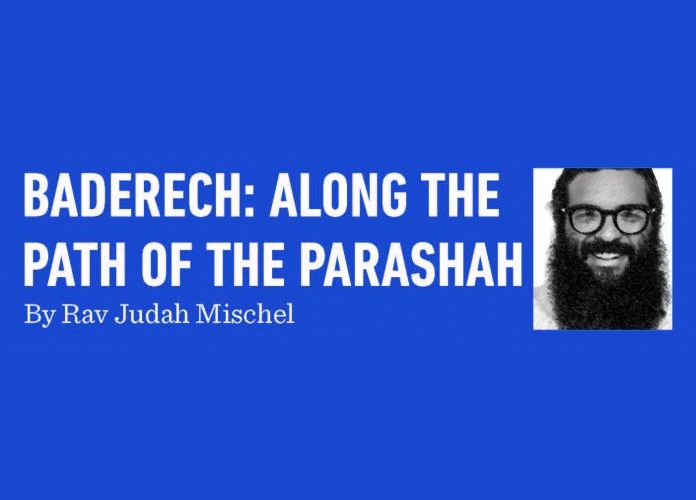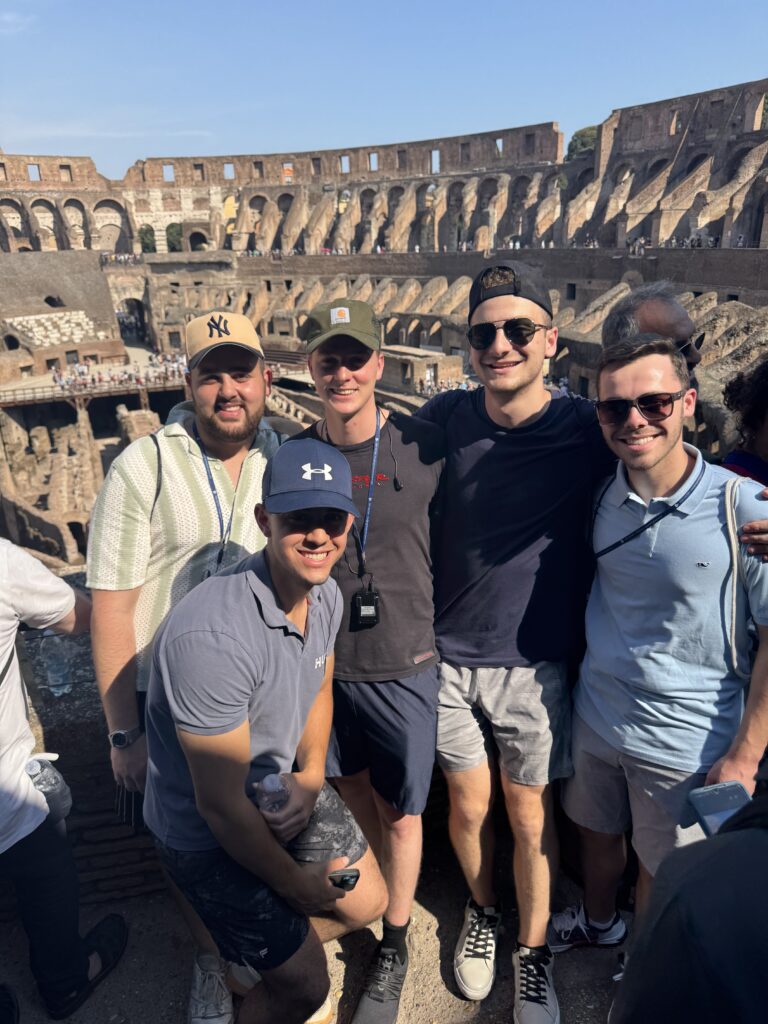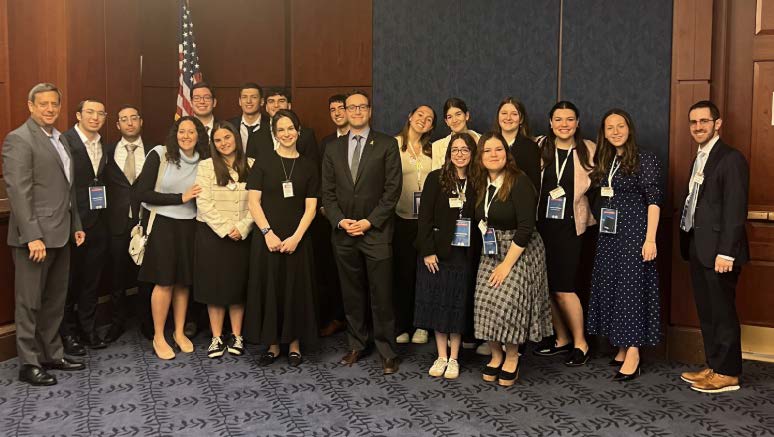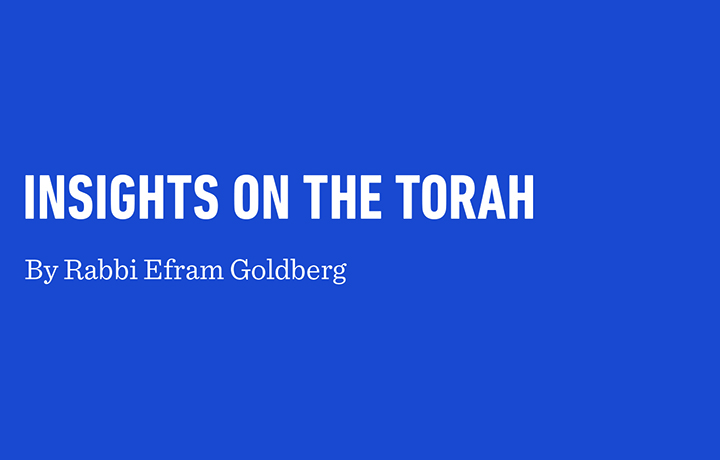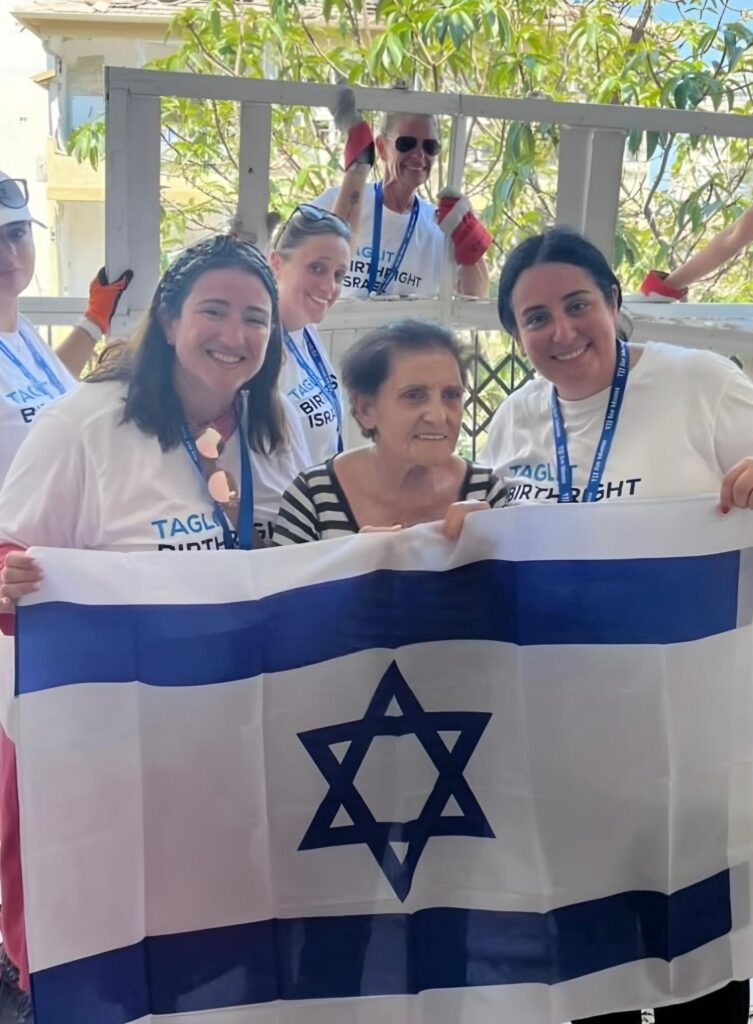Homeland Without Walls: How Two Families With Two Daughters Connected At St. Jude
By Rabbi Philip Moskowitz
This article is l’illui nishmas Esther Tehila bas Harav Gavriel Pinchas and Hinda bas Reb Mordechai.
During one of the most difficult chapters of our lives, when our daughter Esti, a’h, was undergoing treatment at St. Jude Children’s Research Hospital in Memphis, Tennessee, my family was uprooted from everything familiar: our community, our routine, our support systems, and the comforting rhythm of Jewish life. There were no kosher restaurants nearby, no minyanim, and no Shabbos guests to share our seudah. While St. Jude is an incredibly special place and we are eternally grateful for their care, Jewish life—let alone Orthodox Jewish life—was virtually invisible.
Until we met the Ginsbergs.
The Ginsbergs are a family of Satmar Chassidim from London whose daughter, Hindy, a’h, was also being treated at St. Jude. By pure hashgachah pratis (Divine Providence), we ended up as neighbors in St. Jude housing, two Jewish families far from home, each navigating the unimaginable. On the surface, Satmar Chassidim and Yeshiva University (YU) graduates couldn’t have been more different.
But very quickly, those differences faded.
Our daughters Esti and Hindy would play together on those long Shabbos afternoons, sharing candy and other gifts they received, doing art projects, and checking in on each other. I still remember how, on Purim, Rabbi Ginsberg read the Megillah for Esti, and how Hindy took her to the local Chabad Purim Seudah. And every Friday, Rabbi Ginsberg and I would exchange divrei Torah. It wasn’t planned or formal. Just two fathers—one a Satmar Chassid from London, the other a YU-ordained rabbi—connecting through Torah and sharing chizuk.
Members of my community in Boca Raton have had the opportunity to meet Rabbi Ginsberg over the past few years. He unexpectedly showed up to Esti’s shloshim and again at the Torah dedication in her memory. I flew to New York for Hindy’s shiva and had the great honor of sharing a eulogy for her shloshim as well.
Rabbi Ginsberg and I still talk regularly, sharing divrei Torah and chizuk. It’s remarkable when you think about it, how two Jews from completely different backgrounds and different worlds can sit down and connect through the parashah, a Rashi, or a midrash. Torah transcends geography, culture, and denomination. Whether you’re in a shtiebel in Stamford Hill or a shul in Boca Raton—or in a hospital hallway in Memphis, Torah is still Torah. It is limitless, timeless, and speaks to the soul.
And more importantly, it allows two souls to speak to each other. This is the brilliance of our people. We don’t just share a book, we share a common language of thought, values, and priorities.
Rabbi Jonathan Sacks, zt’l, once referred to the Torah as “the portable homeland of the Jewish people.” Even when we are far from our land, far from our communities, or far from our comfort zones, we carry our homeland with us. Torah connects us to each other and to our people’s eternal story.
The Ginsbergs and the Moskowitzes don’t share the same background. We don’t dress alike, daven the same way, or keep the same customs. But I quickly realized that we share something much deeper: Torah, kindness, emunah, and friendship.
That is true unity. Unity does not mean “sameness.” It doesn’t require us to blur the beautiful distinctions between our communities or ignore the richness of our diverse paths. Real unity is when two families from different worlds become each other’s support system because the things that matter most—Torah, emunah,mitzvos, kindness, and menschlichkeit—are shared.
During the Nine Days and Tishah B’Av, we mourned the destruction that came through sinas chinam—baseless hatred. But we are also reminded of the solution: ahavas chinam, unconditional love and unity. The kind of unity that can only be built when we look past externalities and see each other’s neshamah.
My deep and meaningful connection with the Ginsbergs taught me this truth: Wherever you are, whoever you’re with, Torah can be your common ground. It is the universal language of our people, our spiritual homeland we carry wherever we go. And when spoken with sincerity, it has the power to heal, uplift, and unite us. That is true unity.
As we mourn the destruction of the Beis HaMikdash during these days of reflection, it’s easy to feel overwhelmed by what we’ve lost. But stories like ours—two families from different worlds brought together by Torah, kindness, and faith—are reminders that the foundation of our rebuilding has already begun. The true Mikdash me’at, the small sanctuaries we create wherever we go, are built not with bricks, but with shared values and open hearts. May our unity be the merit through which we see the rebuilding of the ultimate home for us all. n
Rabbi Philip Moskowitz serves as Associate Rabbi at Boca Raton Synagogue (BRS).





